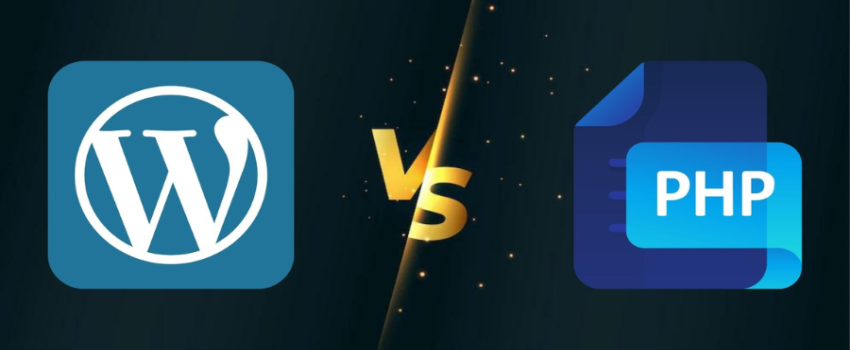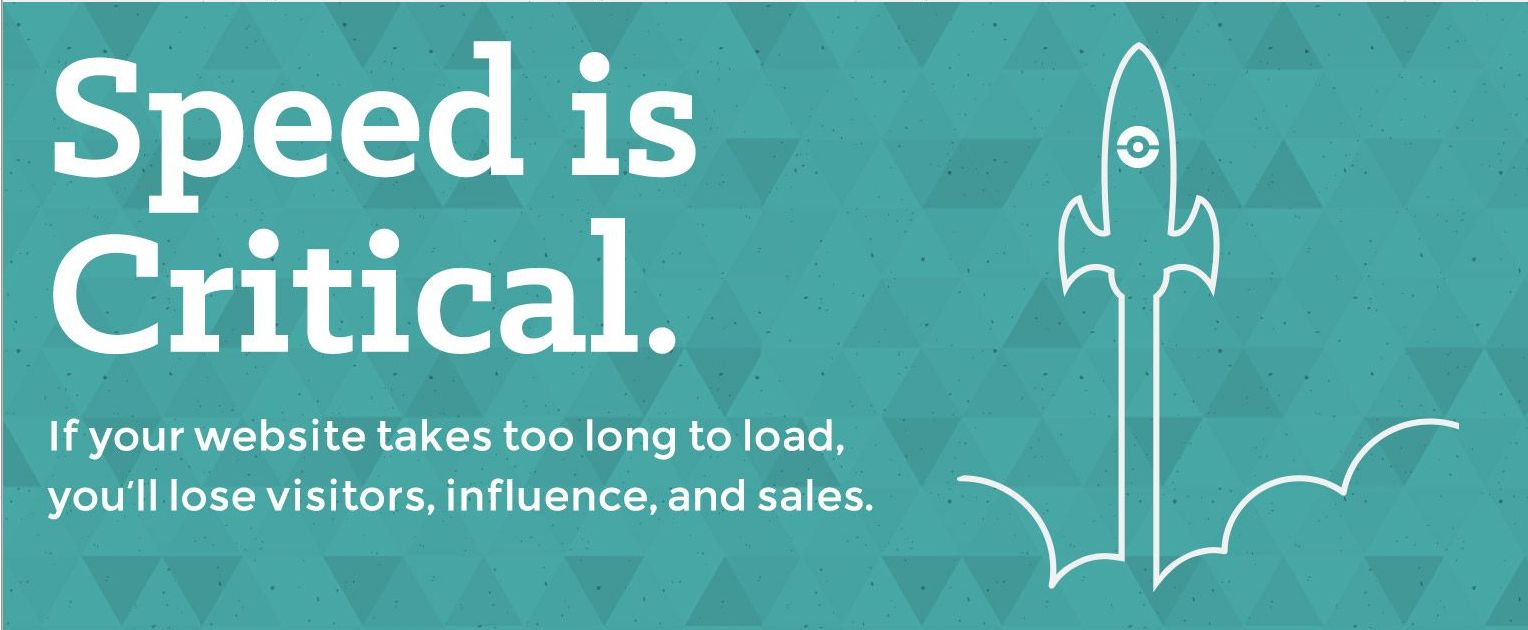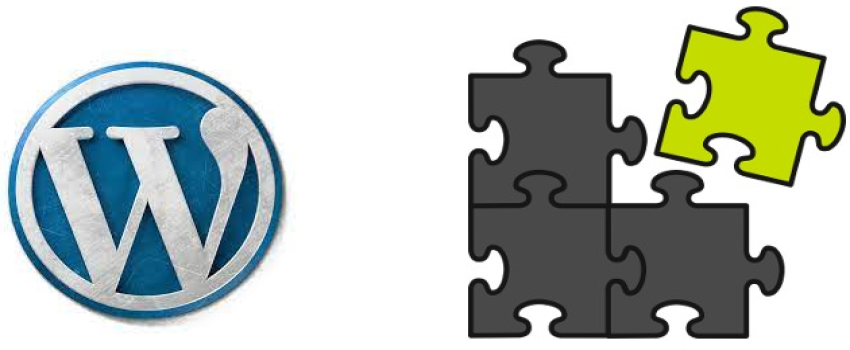WordPress vs PHP Websites Which One Is Better

In the vast landscape of web development, the choice between WordPress and PHP often emerges as a pivotal decision. Both offer unique functionalities and cater to different needs. As a WordPress development company or a developer navigating these waters, it's crucial to understand the nuances and distinctions between the two. In this article, we'll delve into the difference between PHP & WordPress, conduct a comparative study, weigh the pros and cons, and ultimately arrive at a conclusion to aid in your decision-making process.
Difference between PHP & WordPress
Before delving into the comparative analysis, it's essential to grasp the fundamental disparities between PHP and WordPress:
PHP: PHP, which stands for Hypertext Preprocessor, is a server-side scripting language primarily used for web development. It is versatile and can be embedded into HTML. PHP enables developers to create dynamic web pages, interact with databases, and handle forms, among other functionalities.
WordPress: On the other hand, WordPress is a content management system (CMS) based on PHP and MySQL. It provides a user-friendly and SEO-friendly interface for building websites, blogs, and applications. WordPress is renowned for its ease of use, extensive plugin ecosystem, and robust community support.
WordPress vs. PHP – A Comparative Study
Let's dive deeper into the comparison between WordPress and PHP:
1. Ease of Use:
- WordPress: With its intuitive interface and user-friendly features, WordPress excels in ease of use. Non-technical users can easily navigate through the dashboard, create pages, publish content, and manage their websites.
- PHP: As a programming language, PHP requires a certain level of technical proficiency. While it offers unparalleled flexibility, developing with PHP entails coding from scratch and understanding complex programming concepts.
2. Flexibility and Customization:
- WordPress: WordPress offers extensive customization options through themes and plugins. Users can modify the appearance and functionality of their websites without delving into code.
- PHP: PHP provides ultimate flexibility for developers to build custom solutions tailored to specific requirements. It allows for intricate programming and integration with databases, offering limitless possibilities for web application development.
3. Performance and Scalability:
- WordPress: While WordPress is known for its ease of use, its performance can be affected by the number of plugins installed and the complexity of themes. However, with proper optimization and caching mechanisms, WordPress websites can achieve decent performance.
- PHP: PHP applications can be finely tuned for optimal performance. By optimizing code, leveraging caching techniques, and utilizing scalable infrastructure, PHP applications can handle high traffic volumes efficiently.
4. Community Support:
- Both PHP and WordPress boast vibrant communities. However, WordPress's community is particularly robust, offering a plethora of resources, forums, and tutorials tailored to users of all skill levels. This extensive support network can be invaluable for troubleshooting issues and seeking guidance.
PHP or WordPress: Which is Better?
Choosing between PHP and WordPress ultimately depends on your specific requirements and objectives:
If you prioritize ease of use and rapid development: WordPress may be the preferable choice, especially for content-centric websites such as blogs, portfolios, and small business sites.
If you require greater flexibility and customization: PHP provides more versatility, allowing you to tailor your solutions precisely to your needs. This is particularly advantageous for complex web applications using PHP and projects with unique requirements.
Pros and Cons of WordPress and PHP
WordPress:
Pros:
User-friendly interface
Extensive plugin ecosystem
Strong community support
Cons:
Limited flexibility for non-content-centric projects
Performance optimization may require additional effort
PHP:
Pros:
Versatility for various web development tasks
Granular control over performance optimization
Wide range of frameworks and libraries
Cons:
The steeper learning curve for beginners
Requires more technical expertise
Conclusion
In conclusion, there is no definitive answer to the question of whether WordPress or PHP is better. Both have their strengths and weaknesses, and the choice ultimately hinges on your specific project requirements, skill set, and preferences. As a WordPress development company or developer, it's essential to weigh these factors carefully and choose the platform that best aligns with your goals. Whether you opt for the user-friendly simplicity of WordPress or the flexibility of PHP, remember that both offer robust solutions for web development endeavors.
Related to this
Let's Discuss Your Project











